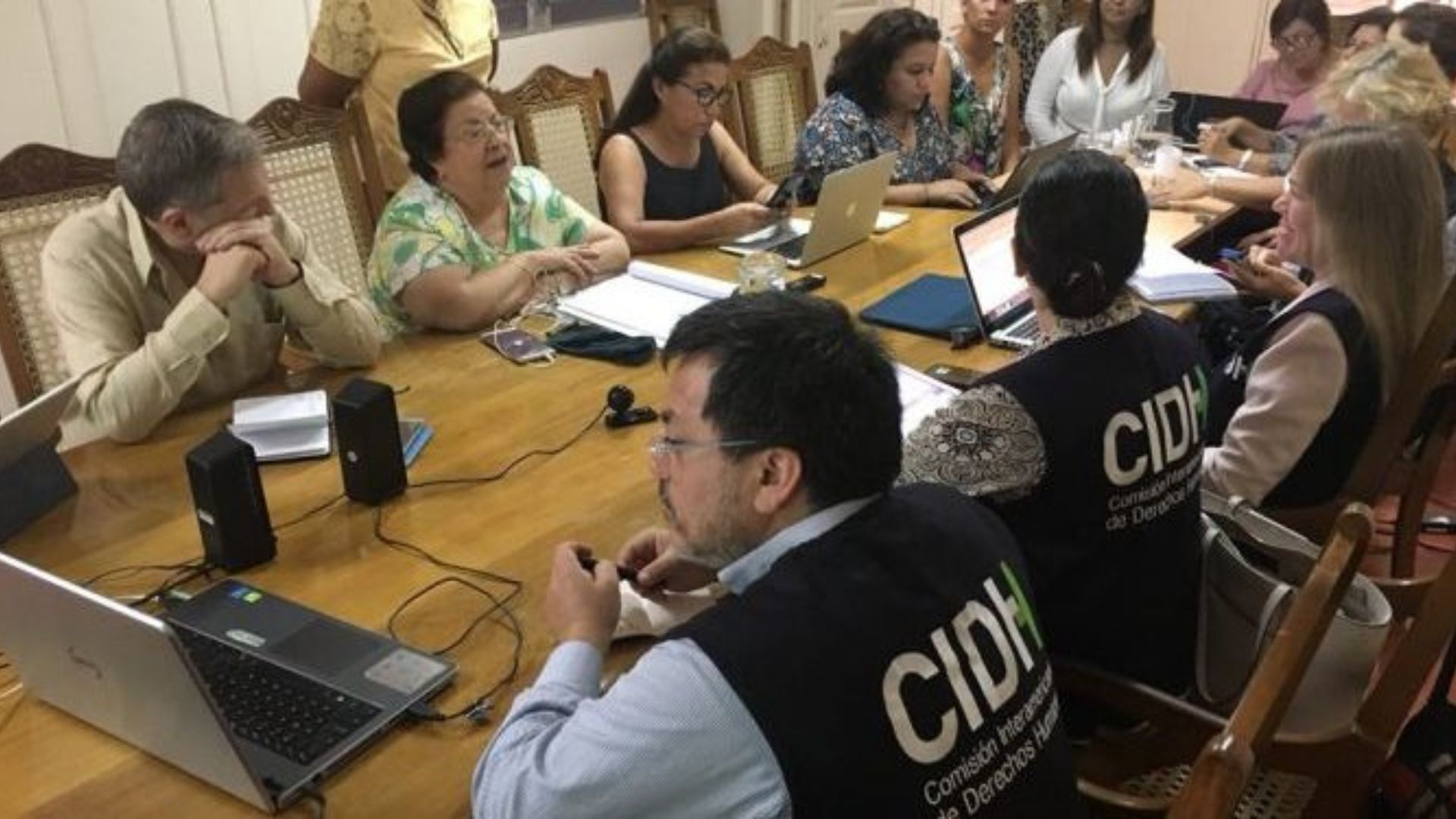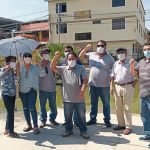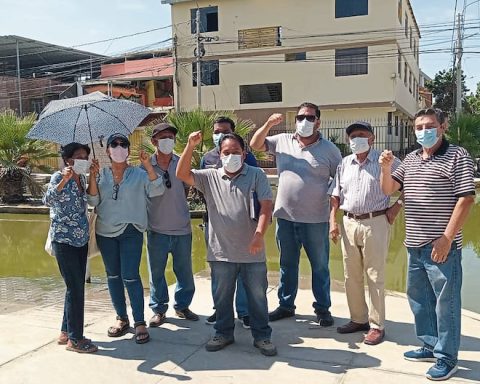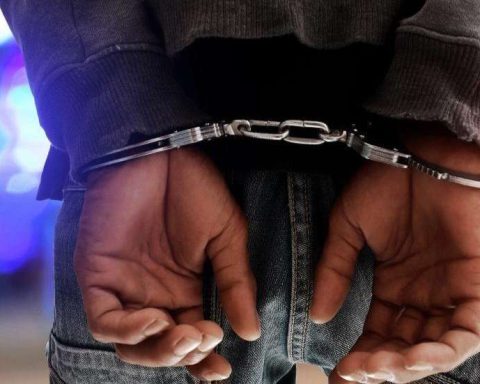The Inter-American Commission on Human Rights (IACHR) presented the balance of activities and results of the Special Follow-up Mechanism for Nicaragua (Meseni), a report that covers from 2018 to 2022, years in which the country has been immersed in a constant social, political and economic crisis as a result of the protests against the Nicaraguan regime that began four years ago.
The agency recalled that since the beginning of the demonstrations “it deployed (on May 17, 2018) all its conventional tools to respond, in a prompt and timely manner, to the serious human rights violations that occurred in the framework of state repression” .
Related news: IACHR urges the regime to release Monsignor Rolando Álvarez, priests and laity
Despite the fact that on December 19, 2018, the Ortega government suspended the activities of the Meseni and forced it to leave the country, the Mechanism has continued to monitor the situation in Nicaragua from the IACHR headquarters in Washington DC and by conducting work visits to other countries.
In its report, the group noted that it has been able to monitor “the development of the crisis, through regular meetings with civil society organizations, victims of human rights violations, and family members.”
“This has made it possible to document the serious violations; denounce before the international community; accompany Nicaraguans who suffer violations of their rights and have been forced to flee their country; as well as, assist in strengthening the capacities of civil society; and contribute to the construction of memory for eventual transitional justice processes,” the IACHR emphasized.
129 precautionary measures in four years
In four years, the Meseni received 1,986 testimonies, “which allow the voices of the victims themselves to be reflected in the different thematic and country reports published.”
To date, the IACHR has granted 129 precautionary measures in order to protect the life and integrity of more than 280 Nicaraguans. In addition, it requested three provisional measures and eight extensions to the Inter-American Court of Human Rights (IA Court).
Related news: IACHR demands before the OAS actions that put an end to the inhumane conditions of Ortega’s political prisoners
It also highlights that in relation to the system of petitions and cases, the record of more than 399 petitions on possible human rights violations in the framework of social protests in Nicaragua stands out.
“Of this total, the IACHR decided to open 58 petitions for processing. Likewise, since 2018, 10 admissibility reports have been published and four cases have been filed against Nicaragua before the Inter-American Court”, he emphasized.
Within the framework of the operation of the Meseni, the IACHR has also promoted knowledge of human rights standards in matters of memory, truth and justice, and the use of the mechanisms of the Inter-American Human Rights System, by holding 40 workshops directed to more than 900 people.
The impact of this work has influenced the formation of new organizations and groups that defend human rights, as well as the increased use of the Inter-American System, through requests for precautionary measures or the initiation of cases.
Related news: IACHR condemns “the arbitrary closure” of seven Catholic stations in Nicaragua
Four years after the creation of the Meseni, the IACHR reiterated its solidarity with the victims of the political, social, and human rights crisis that began in April 2018.
«While, it observes the persistence of a context of generalized impunity regarding the serious human rights violations committed in the framework of the state repression of social protests, which resulted in the death of at least 355 people; more than 2 thousand people injured; more than 1,614 detainees; hundreds of arbitrary dismissals of health professionals; more than 150 unjustified expulsions of university students and; more than 150,000 people have been forced to flee the country and seek international protection in Costa Rica, according to UNHCR data. Likewise, the government canceled more than 1,400 legal entities of civil society organizations,” indicated Meseni.
“In this context, the IACHR reaffirms its commitment to continue working in the coordination of efforts with the international community, through the MESENI, until achieving the release of the 180 people who remain deprived of their liberty in conditions contrary to human dignity, the reestablishment of all the guarantees and freedoms of a democratic State of law through the separation of powers”, the organization concluded.















